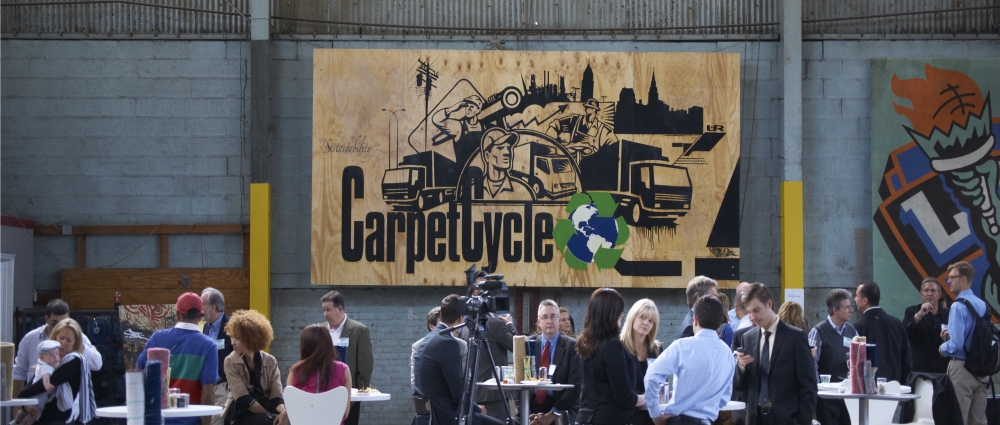News & Stories
NGR Pyrolysis Business to Add Value to More Plastics Recycling
Dusseldorf, Germany - Next Generation Group is launching a new company to offer pyrolysis to plastics recycling companies looking for a more cost-effective way to deal with processing waste.

The Feldkirchen, Austria- based operation known for more traditional equipment such as melt filters and PET recycling systems has a newly installed pilot project in place at Johannes Kepler University in Linz.
Pyrolsis has long been viewed as a potentional magic bullet by recyclers as a way of converting low-value recyclables and residuals into fuel. And while the technology has long been proven to work, the economis of the process essentially remain elusive.
But Next Generation does not see pyrolysis as a stand-alone technology, touting the process as a way to deal with what's left over after the good stuff has been recycled. Rather than shipping off residuals to a landfill, Next Generation believes creating pyrolysis units at plastics recycling facilitieis can help improve the overall economics of an operation.
"If you insert a certain amount of bales or whatever material you have, you only get a certain yeild. And the yield in mixed plastics, a good recycler is only about 65 percent. With a mono product it can go up to 85 percent," explained Michael Heinzlreiter, head of marketing and business development for Next Generation recylingmaschinen Gmbh, a part of the group.
Establishing pyrolysis units at recycling facilities can produce fuel to help run energy-intensive equipment such as wash plant, he said.
Residuals and sludge from recycling operations can have a high energy value, maybe 60 to 70 percent of oil, Heinzlreiter said at the company's K show boot. "So there is a lot of energy still in there.
Creating a stand-alone pyrolysis operation probably still does not make economic sense, but creating one integrated with a recycling system can help avoid and control costs.



